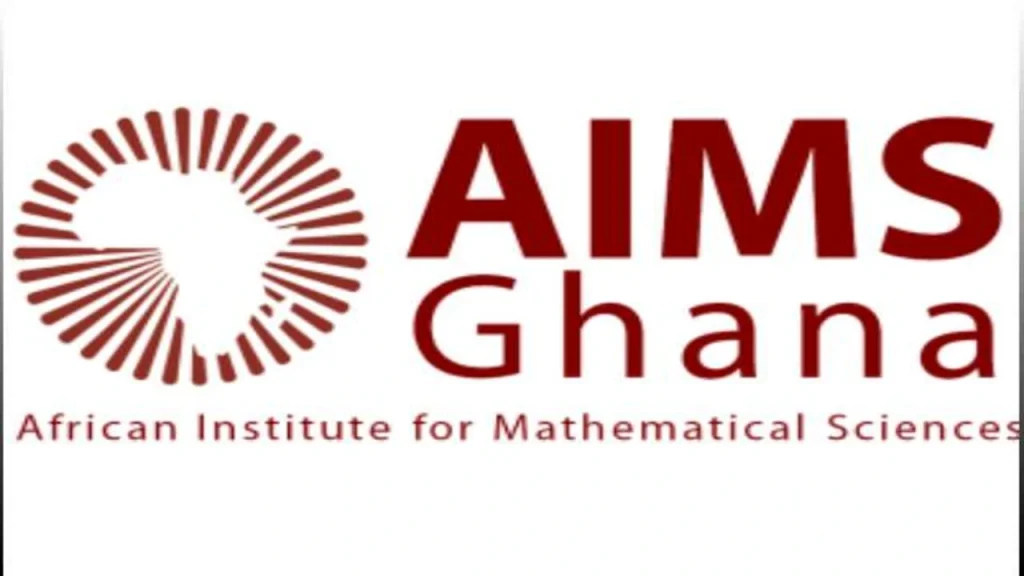- AIMS Ghana runs master’s programmes in mathematical sciences and machine intelligence, graduating over 500 students since 2012.
- It partners with global and local bodies to launch research exchanges, teacher training and community STEM initiatives.
African Institute for Mathematical Sciences Ghana: Nurturing STEM excellence
AIMS Ghana was founded in 2012 under the AIMS Next Einstein Initiative with backing from the Government of Ghana. It delivers a 10‑month master’s degree in mathematical sciences plus programmer in machine intelligence (AMMI) and maths teaching for teachers. As a UNESCO Category II Centre of Excellence, its curriculum blends analytical thinking, problem‑solving and applied STEM fields like finance, health and climate. Since inception, AIMS Ghana has graduated over 500 students, 33 percent of whom are women. It identifies top African graduates and equips them to pursue research, industry and education careers across the continent.
Also read: Maxinet Broadband: Driving Ghana’s internet revolution
Also read: Bluetown Ghana Ltd: Bridging the connectivity gap
African Institute for Mathematical Sciences Ghana: Building research and outreach
In its newsroom, AIMS Ghana announced a July 2025 call for proposals under the AIMS‑DFG Collaboration Visits Programme to foster research partnerships between Africa and Germany. In May 2025 it joined forces with the Centre for Education in Mathematics and Computing at Waterloo to train over 500 mathematics teachers during its “Teaching Math, Transforming Futures” event. Earlier events in March and February supported STEM inclusion through public engagements including International Day of Mathematics in Cape Coast and celebrations for women in science. These activities reflect AIMS Ghana’s role as a hub for public STEM engagement and research exchange.
African Institute for Mathematical Sciences Ghana: Addressing challenges and leading innovation
STEM higher education in Africa faces limited postgraduate training options, funding barriers, gender imbalance and resource constraints. AIMS Ghana tackles these by offering fully resourced programmers with computing access, scholarships and experienced tutors. It also fosters diversity: one third of graduates are women . Its model of pan‑African collaboration, taught in English and French, draws visiting professors and fellows across various STEM domains. Beyond teaching, the institute supports research in epidemiology, climate and AI. Its public events and teacher training confront low STEM uptake in schools .

